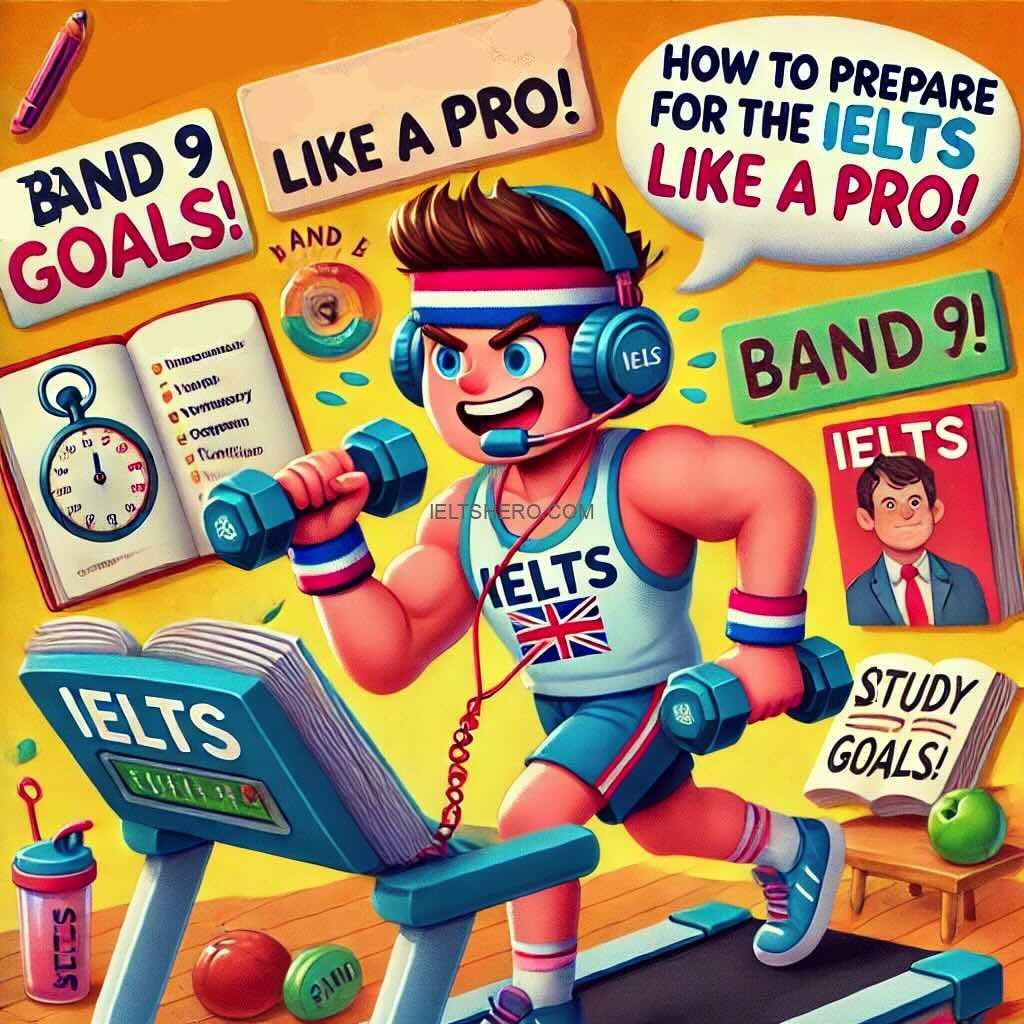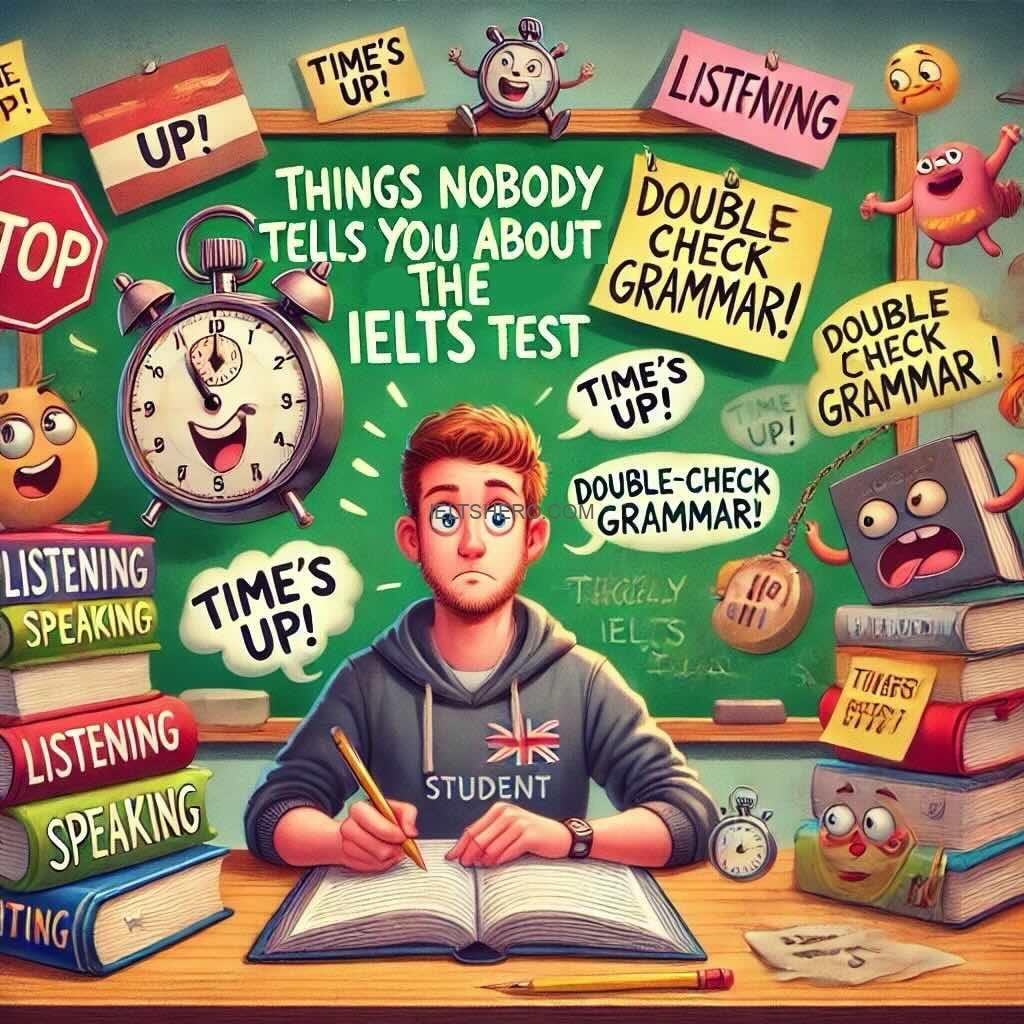Hello again 📝
Welcome to IELTS Writing Task 2, the part of the test where you get to voice your opinions, show off your argument skills, and pretend you’re a highly sophisticated debater instead of someone desperately trying to hit 250 words before time runs out.
If Writing Task 1 is about describing facts, then Task 2 is where you get to unleash your inner philosopher. Agree or disagree? Discuss both views? Give an opinion? Sure, no problem! Just try not to start an existential crisis while doing it.
What’s IELTS Writing Task 2 All About?
For those of you blissfully unaware, Task 2 is where you:
✔ Read an essay prompt.
✔ Write a 250-word essay answering the question.
✔ Try to sound intelligent while resisting the urge to write, “I don’t know, but here’s my best guess.”
The topics can be about education, technology, the environment, crime, globalization, or the classic: ‘Should children be banned from using mobile phones?’ (Cue dramatic music).
Unlike Writing Task 1, where numbers and graphs do all the talking, here, it’s just you, your brain, and a blank piece of paper. No pressure.
The Struggles of an IELTS Task 2 Writer
Let’s be real—IELTS Writing Task 2 is a rollercoaster of emotions:
🤔 Step 1: Read the question. Seems simple enough.
😎 Step 2: Think of an argument. Oh yeah, I got this!
😶 Step 3: Realize you have no idea how to express your thoughts in an IELTS-approved way.
😨 Step 4: Stare at the clock. PANIC MODE ACTIVATED!
✍️ Step 5: Write something, anything, and pray it makes sense.
🤷 Step 6: Read your essay back and wonder if you accidentally wrote a script for a soap opera instead.
But fear not! I’m here to help you navigate the IELTS essay jungle with some tried-and-tested strategies.
How to Conquer IELTS Writing Task 2 Like a Pro
1️⃣ Read the Question (Like, REALLY Read It)
It sounds obvious, but trust me—half of IELTS test-takers misinterpret the question. Before you even think about writing, ask yourself:
✅ What is the topic? (Education, environment, technology?)
✅ What is the question asking? (Agree/disagree? Discuss both views?)
✅ What keywords should I focus on? (“Some people believe that…”, “To what extent…?”)
Writing Task 2 without reading the question properly is like bringing a snorkel to a desert—you’re fully prepared, just for the wrong thing!
2️⃣ Structure is Your Best Friend
Good news! You don’t need to reinvent the wheel—just follow a simple 4-paragraph structure:
🔹 Introduction – Paraphrase the question & give your thesis statement (fancy talk for ‘your opinion’).
🔹 Body Paragraph 1 – First argument (+ example).
🔹 Body Paragraph 2 – Second argument (+ example).
🔹 Conclusion – Summarize & restate your opinion (without sounding like a broken record).
If you like structure (or just have zero brainpower left after reading the question), this formula saves lives.
3️⃣ The Magic of Linking Words
Want to sound smarter instantly? Throw in cohesive devices like:
🔸 On the one hand / On the other hand – For when you’re debating with yourself like a professional philosopher.
🔸 For instance / To illustrate – Because examples make everything better.
🔸 Therefore / As a result – To make your argument flow like poetry (or at least like decent prose).
Use them wisely! Too many linking words, and your essay sounds like a legal document. Too few, and your arguments feel as disconnected as Wi-Fi on a bad day.
4️⃣ Give Examples That Actually Make Sense
Bad example: “For example, in my country, many people use cars.” (Okay, but… so what?)
Better example: “For instance, a study by Cambridge University found that urban areas with extensive public transport networks see a 30% decrease in traffic congestion.”
Even if you don’t know any real studies, MAKE IT UP. Yes, you heard me. IELTS doesn’t fact-check! Just make sure your example is logical.
5️⃣ Avoid the Most Common Mistakes
🚫 Too many big words: If you don’t know what “antidisestablishmentarianism” means, don’t use it.
🚫 Writing like a robot: “This essay shall discuss why social media is bad.” No, it shall not. Just say “I believe social media has negative effects.”
🚫 Repeating the same words: “Technology is good. Technology helps us. We need technology. Technology is everywhere.” (Please… make it stop.)
Use synonyms and vary your sentence structures to keep things fresh!
Final Thoughts: You Got This!
IELTS Writing Task 2 isn’t about writing the greatest essay of all time—it’s about writing a clear, structured, and logical argument in 40 minutes without losing your sanity.
So, next time you see an essay question like “Some people believe that robots will replace teachers. To what extent do you agree?”—
Take a deep breath. Organize your thoughts. And remember: robots can’t give you that disappointed teacher look when you forget to use linking words.
Until next time, keep writing like a champ! ✍️
Your IELTS sidekick,
[Your Name]



